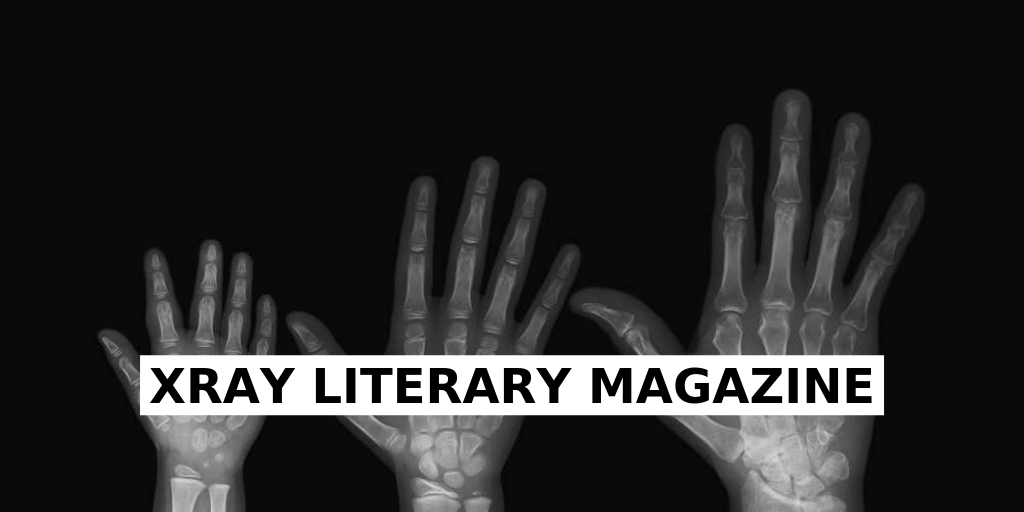
TUESDAY AT THE MONASTERY by Amy Barnes
We reverently chop up Brother Francisco.
Deo Optimo Maximo.
After morning prayers, that’s we do on Tuesday. Laid on the dining room table, our former dining partners resemble dinner chickens we used to eat together, reduced to skeletal bones. We carefully cut away flesh and organs and eyeballs and hair. Stripped of their robes, we leave only skulls covered in skin, brains removed as if we are Egyptian mummy makers, not religious brothers.
I measure a place for my living hands on the arched crypt walls, bits of his skin clinging like gloves. Laid flat. Stretched out. A hand is twenty-seven bones. You can create with a hand. A leg has only two main bones.
On Monday, we make nails that our vows don’t allow us to buy; each piece of iron pounded into miniature crucifixion spikes. Nails ready to be pounded into palms and femurs and skulls. We pray over each nail in our teeth and under the heavy hammers, living spit bathing something for the dead.
Wednesday is bone cleaning day. Bones are exhumed from their graves still reeking of death stench. We put them carefully in buckets ready for creating new forms, some left as full skeletons to recline in the crypts, robed as if they are alive. There are never enough bones. I begin to find joy in administering last rites to my brothers.
I wonder what I will become. Where will my brothers nail me on Thursday, the day of the walls? A pelvis chandelier, light coming from where urine once flowed? Maybe vertebrae circle-nailed like flowers with finger stems?
We are only one step above putting skulls on sticks to frighten towns into not sinning or not disobeying the king. But it is more than that. We pray over these bones, counting them each like rosary beads. I walk the hallway and prayer for my brothers caught in bone purgatory.
Deo Optimo Maximo.
I see myself as more artist than necromanist. My skills as an architect pre-vows gives me the spatial skills to complete these silent tasks. I taste the iron nails and never quite wash the smell of death from my robes. I know they will choose my place carefully, laying out my bone design, my hands creating beauty after I am gone. It will become my penance.
What you are now we used to be; what we are now you will be...
